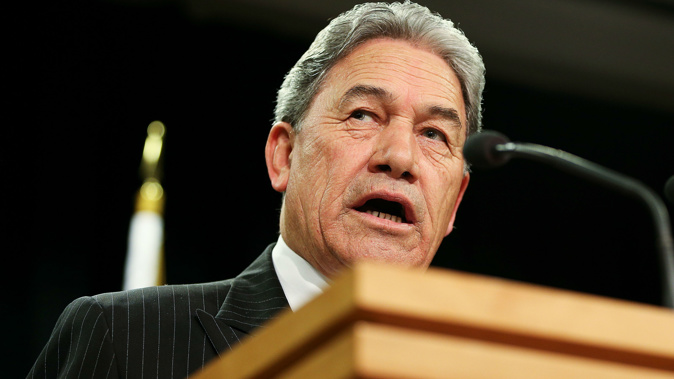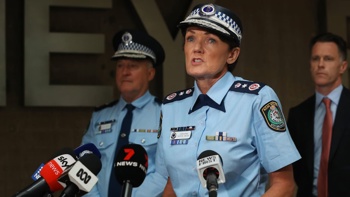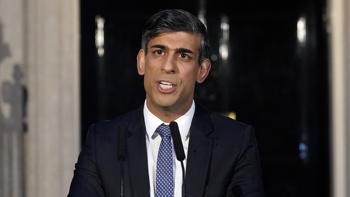
The "three-strikes" law is likely to be scrapped as part of a major overhaul of the criminal justice system and National is calling on NZ First to stick to its principles and keep the controversial law in place.
Justice Minister Andrew Little confirmed he was considering the repeal of the three-strikes law as part of a wider reform of the criminal justice system which aims to reduce the prison population.
Labour opposed that law when National introduced it as part of its agreement with the Act Party in 2010 but scrapping it could put NZ First in a difficult position.
It takes a harder line on law and order than Labour and campaigned vigorously for a "three strikes" law in the past, including in 2008.
It was not in Parliament when the law was passed in 2010 but has called for longer sentences and no parole for violent offenders. In 2017 its platform included requiring some offenders to do hard labour in return for a shorter sentence and some to serve cumulative sentences for multiple offences rather than concurrent.
National leader Simon Bridges said it would be a test for Peters and his voters would be disappointed if he supported it given his former hard-line stand on sentencing for very serious offenders.
"We're not talking about theft of a Moro bar. We're not talking about the lowest lower end [crimes]. We're talking about very serious cases."
NZ First leader Winston Peters said his caucus was yet to discuss the issue of the three-strikes legislation.
He would not say if he still supported the concept of three strikes.
"Anything that is decided like that will go before the caucus first and it has not gone before the caucus."
However, Little said he believed NZ First were in agreement.
"They were around the Cabinet table when Cabinet made the decision to authorise me to develop a package that has a number of aspects in it, including looking at the three-strikes law. It's a Cabinet decision."
Little said NZ First was in complete agreement with Labour that the prison population had to be reduced.
"NZ First is in total agreement. We have to reduce our prison population and we need a safe and effective criminal justice system. Just locking up more people for longer for spurious reasons is not the future of our criminal justice system."
Bridges referred to the case of Dylyn Davis, who was sentenced in Hamilton on Tuesday for the murder of his girlfriend Aroha Kerehoma after beating her.
That was Davis' "third strike" although while he was sentenced to a life sentence the judge allowed a minimum parole period of 20 years.
Davis' first two strikes were convictions for wounding with intent to injure and then aggravated robbery.
Bridges said Labour was clearly aiming to "soften up" the laws. "Nobody likes prisons but to do what they are doing and soften up the laws will make New Zealanders less safe and we oppose those measures."
Little said any changes to sentencing, bail and parole rules in the justice system will follow a summit in August at which Government officials and local and international academics will discuss ways to reduce the prison population while keeping the public safe.
It comes after the Government confirmed it would not upgrade Waikeria Prison in the Waikato, despite concerns about prison capacity.
Little said he knew that there was huge pressure on prisons, but he wanted to find lasting solutions rather than just adding to the prison network or making continual policy changes.
The three strikes rule is an Act Party policy that was adopted by the National-led Government in 2010, and applied to 40 violent and sexual offences.
It ensured that third-time offenders received the maximum sentence and no parole although judges had discretion to divert from that if they felt it was manifestly unfair, as the judge in Davis' case did.
Ministry of Justice data shows that so far this year, 348 people have received a first warning for these offences, and 16 people received a second or "final" warning.
Take your Radio, Podcasts and Music with you









